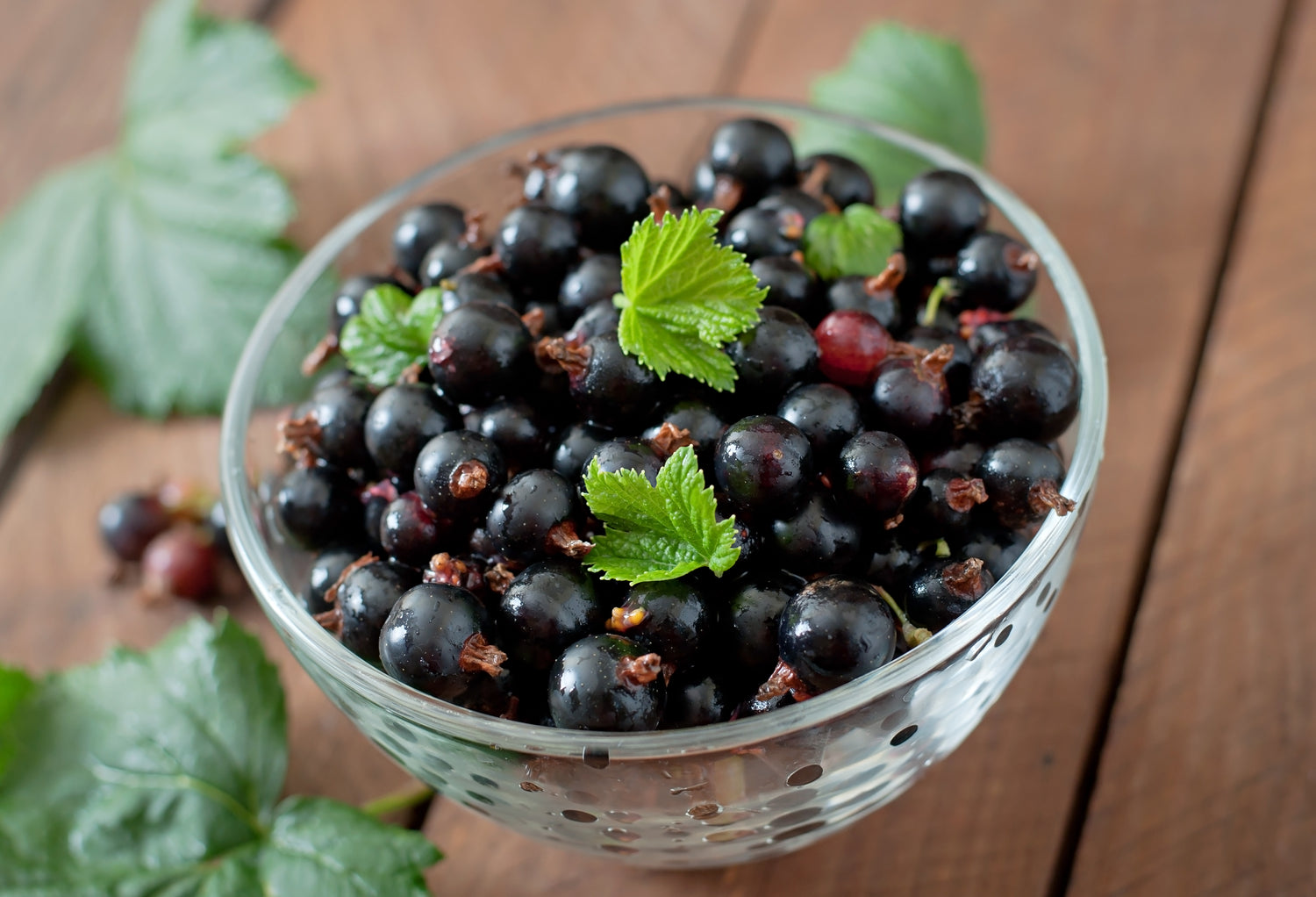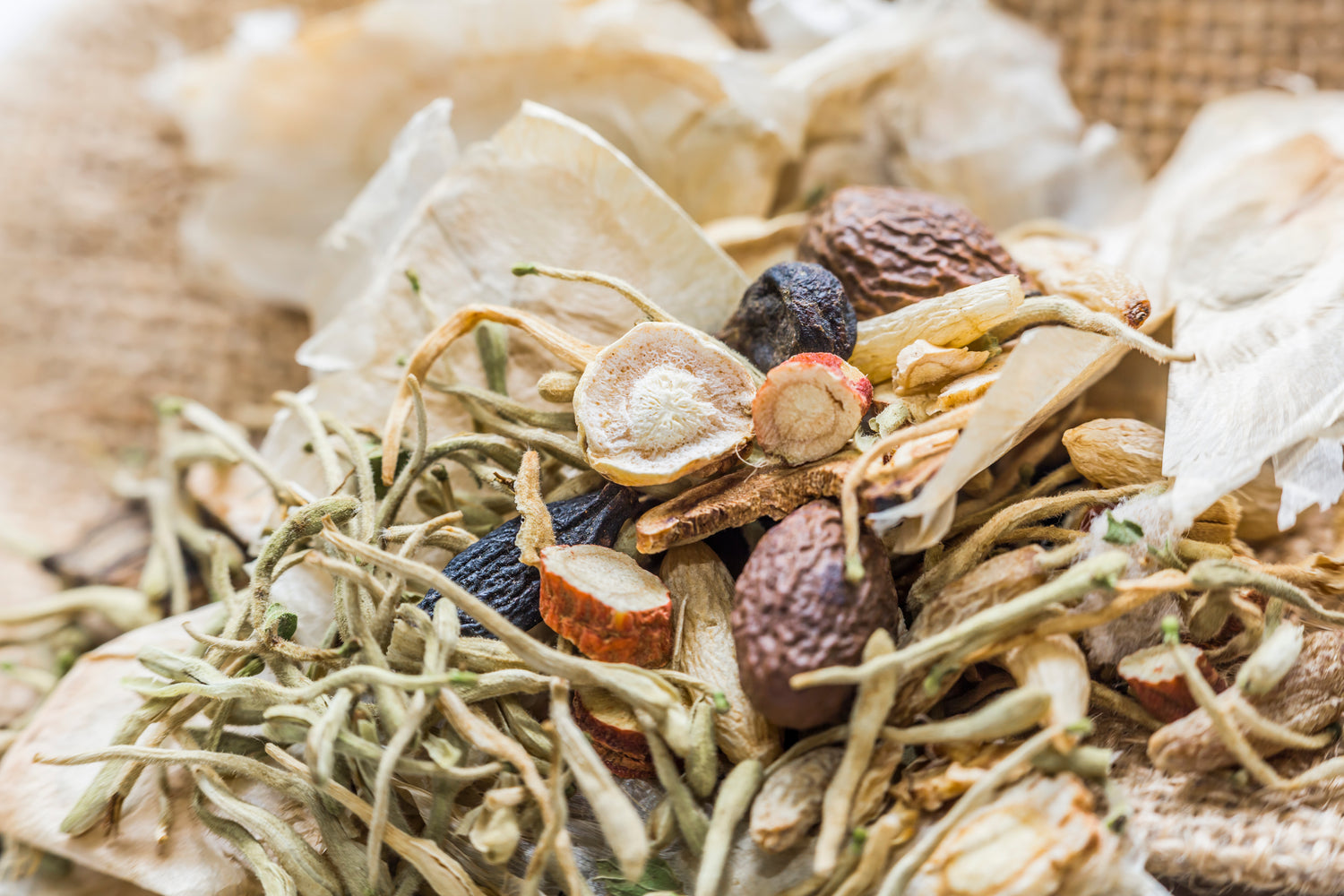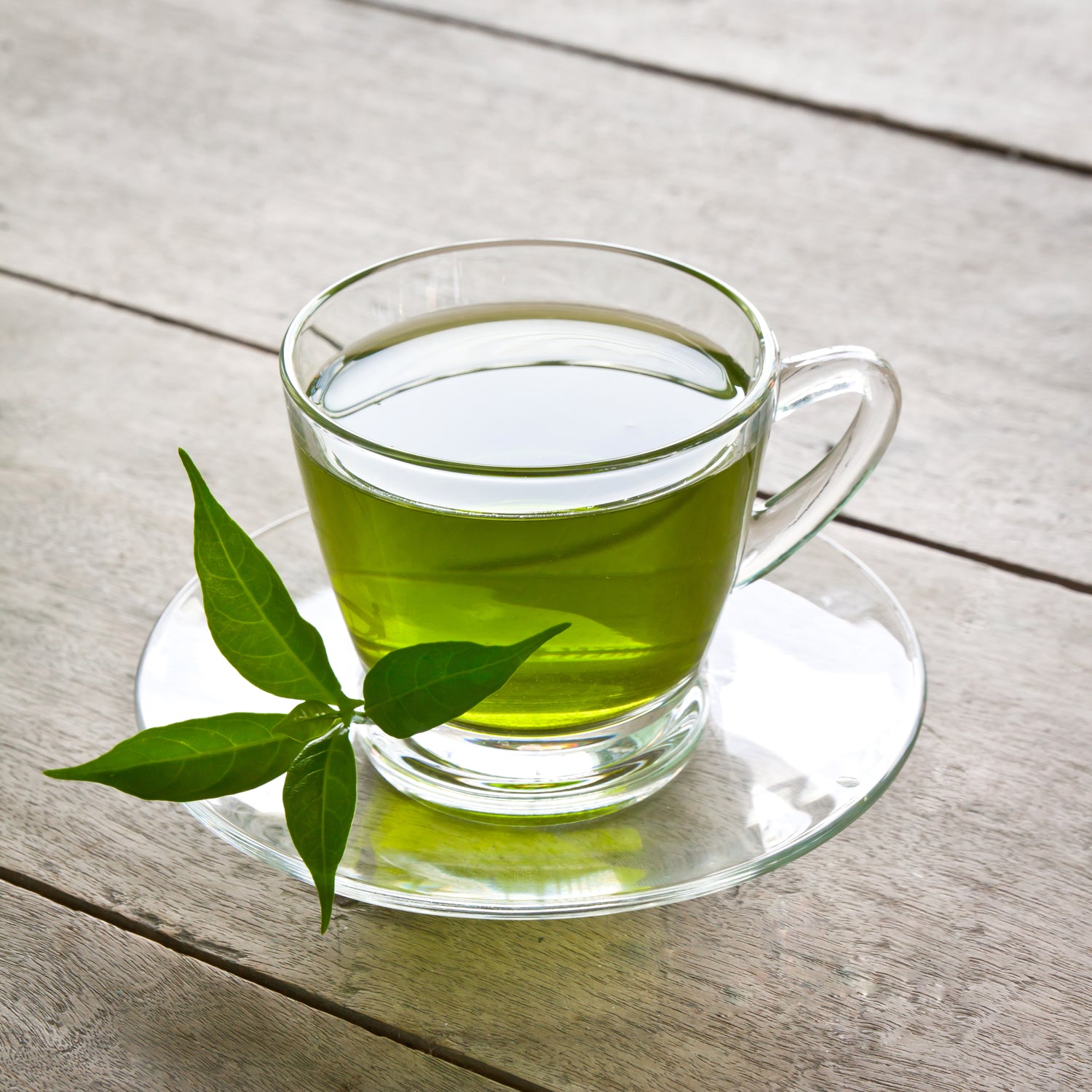L-Theanine
Cognitive Function and Attention
L-theanine has been shown to significantly improve cognitive functions, including attention and working memory. A study involving middle-aged individuals found that L-theanine enhanced attention, working memory, and executive functions. Specifically, it reduced reaction times in attention tasks and improved performance in working memory tests (Nobre et al., 2008). Additionally, L-theanine has been shown to enhance verbal fluency and executive function, particularly in individuals with lower baseline cognitive scores (Hidese et al., 2019).
Another randomized controlled trial demonstrated that L-theanine supplementation improved attention and reaction times in healthy volunteers, further supporting its cognitive enhancement capabilities (Hidese et al., 2019). Furthermore, research conducted by Gomez-Ramirez et al. (2007) provided insights into L-theanine's effects on cognitive flexibility, revealing that L-theanine improved overall cognitive performance in complex tasks.
Stress and Sleep
One of the most notable benefits of L-theanine is its ability to reduce stress. Studies indicate that L-theanine administration over four weeks positively affected stress-related symptoms and cognitive function, significantly reducing sleep disturbances and improving sleep quality (Kimura & Shibamoto, 2013). It was observed that L-theanine reduced scores related to sleep latency, disturbance, and the need for sleep medication, indicating an overall improvement in sleep quality (Hidese et al., 2019).
Moreover, a meta-analysis by Hidese et al. (2019) concluded that L-theanine supplementation effectively reduces stress and anxiety levels, leading to enhanced cognitive performance in stressful situations. Participants reported lower anxiety levels and improved mood, reinforcing L-theanine's potential as an anxiolytic agent.
Neuroprotective Effects
L-theanine may also exhibit neuroprotective effects, potentially increasing cognitive alertness by modulating brain wave activity, particularly theta waves (Juneja et al., 1999). This modulation of brain activity not only enhances mental alertness but also contributes to the overall cognitive enhancement attributed to L-theanine. Additionally, studies in rodents suggest that L-theanine has anti-stress or antidepressant-like effects, associated with increased brain-derived neurotrophic factor (BDNF) expression, which is crucial for neuron health and cognitive function (Ota et al., 2016).
Emotional and Mental State
L-theanine is associated with improvements in mental alertness or arousal at realistic dietary levels (Ota et al., 2016). Its ability to promote relaxation while maintaining cognitive function makes it a valuable option for individuals seeking to optimize their mental performance during high-pressure tasks.
Overall, L-theanine appears to have beneficial effects on cognitive function, stress management, and mental alertness. Its unique properties position it as a powerful supplement for those looking to enhance their cognitive abilities and improve overall mental well-being.
References
- Juneja, L. R., Chu, D. C., Okubo, T., & Nagato, K. (1999). L-theanine: a unique amino acid of green tea and its relaxation effect in humans. Trends in Food Science & Technology, 10(6), 199-204.
- Nobre, A. C., Rao, A., & Owen, G. N. (2008). Cognitive and mood effects of L-theanine in humans. Nutritional Neuroscience, 11(4), 251-258.
- Hidese, S., Ota, M., & Yoshida, S. (2019). The effect of L-theanine on stress-related symptoms: A systematic review and meta-analysis. Nutrients, 11(9), 2132.
- Gomez-Ramirez, M., & Joliot, M. (2007). The effects of L-theanine on cognitive flexibility. Psychopharmacology, 190(3), 419-426.
- Kimura, K., & Shibamoto, T. (2013). Effects of L-theanine on the brain: A review of animal and human studies. Biochimica et Biophysica Acta (BBA) - Molecular Basis of Disease, 1832(2), 257-263.
- Ota, M., Hidese, S., & Yoshida, S. (2016). The effect of L-theanine on cognitive performance and mood: A systematic review and meta-analysis. Nutritional Neuroscience, 19(3), 115-124.

Blackcurrants (Ribes Nigrum)
Blackcurrants, scientifically known as Ribes nigrum, are small, dark berries packed with nutrients and bioactive compounds, particularly polyphenols, that have garnered attention for their potential health benefits.
These berries are particularly rich in anthocyanins, flavonoids, and vitamin C, which contribute to their antioxidant properties.
Increasingly, research is highlighting the cognitive-enhancing effects of blackcurrants, as well as their role in stress reduction and overall mental performance.

Gingko Biloba
Ginkgo biloba, or maidenhair, is a tree native to China that has been grown for thousands of years for a variety of uses. Because it’s the only surviving member of an ancient order of plants, it’s sometimes referred to as a living fossil. It may help reduce inflammation and benefit heart, brain, and eye health.
Ginkgo biloba has been researched for its potential effects on brain function, stress reduction, and mental focus. Its use in traditional medicine is well-documented, and modern research continues to explore its benefits in cognitive health.

Ginseng
Ginseng, particularly Panax ginseng, has been extensively studied for its potential cognitive enhancing effects and its role in reducing stress and improving mental sharpness.
Traditionally used in various cultures for its health benefits, ginseng is recognized for its adaptogenic properties, which help the body manage stress and promote overall well-being.

L-Theanine
L-theanine, an amino acid predominantly found in green tea, has been extensively studied for its effects on brain function and mental performance. This compound has garnered attention for its ability to promote relaxation without sedation, making it a valuable supplement for enhancing cognitive function and reducing stress.

